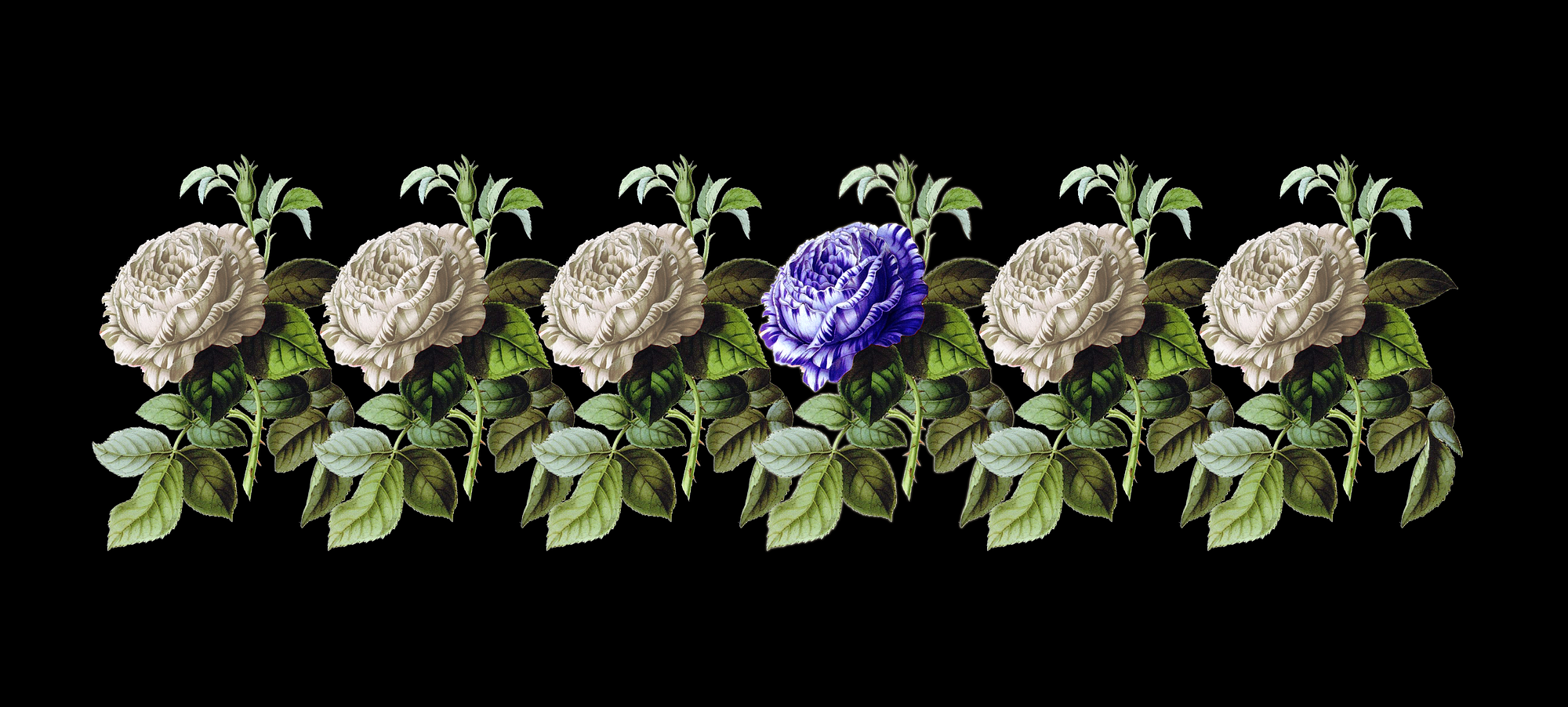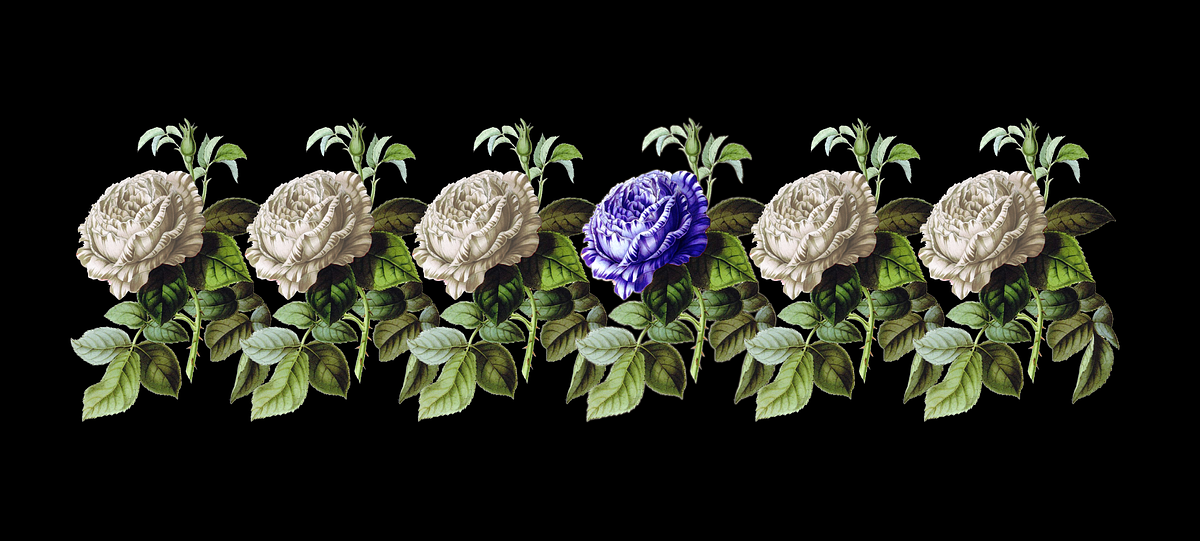
I think the most compelling aspect of an article I previously wrote for The Bold Italic, “I’m Not Your ‘Black Friend,’” was the only thing I didn’t write — the title.
It wasn’t the first choice. I rejected “Is San Francisco Racist?” — a question no intern should have to answer. The question just seemed wrong and too complicated for a piece with fewer than 2,000 words. I pushed back, and within hours, my editor presented the headline known to all today. When the article was finally published, I didn’t think of the title as anything more than a clip from the piece itself, but now it means more to me than ever.
Let’s start off by saying that I’m different now. One: I left my rent-controlled apartment in San Francisco for a place in the East Bay, ending my nearly decade-long residence in the city. And like everyone else you know who did the same and says, “It’s way better out here,” I’m saying it too, because it is better. But don’t worry — this article isn’t about all that.
Two: “I’m Not Your ‘Black Friend’” was written and published nearly a year after Trayvon Martin’s death. Despite knowing about the police brutalities perpetrated against black men during the past and the usual verdicts bestowed upon such matters, George Zimmerman’s acquittal later that year changed me.
I remember finding out about the verdict while hanging out with some friends. We were listening to alternative music and drinking Bud Lights. I don’t remember if someone told me or if I read about it on my phone, but I do remember my heart being broken over the decision. Despite the white-majority-ruled room of friends also expressing their anger, disappointment and frustration over the decision, I still felt alone and hopeless. I went home, not asking myself, “What did these white people think of me just now?” but just thinking about myself, my culture, my survival, my future and the future of my children — if I even could bare to have any in this cultural climate. I cried that night. It didn’t seem like there was anything left to do, and it’s unfortunate that these tears have not been able to dry out. I mentioned only Trayvon, but there are so many more names. So many more.
I still love my original article. We’re still in a state where we’re dealing with blackface and the whitewashing of black hairstyles while such hairstyles on black people are being banned in schools and workforces. People are still asking me if they can touch my hair (by the way, please refer to this song from now on regarding that inquiry). The overflow of support from all my readers has been overwhelming, but I still look back at the article, and I have to admit that I let a little laugh out and think, “Gee, wasn’t that nice, when my main concern wasn’t black people dying in the streets?”
As someone who had said that she held onto San Francisco “tighter and tighter” as her friends moved away, it was actually easy to let the city go. In Oakland, I found myself supporting black art and black-owned businesses, and even starting my own reading series for writers of color. And while I do miss a daily dose of my favorite Icelandic yogurt, it doesn’t compare to a cup freshly brewed, locally owned — black-owned — coffee. I started meeting more people of color who continually answered the question,“Why should we join their party when we can make our own?”
Whether or not I’m your “black friend” doesn’t matter to me anymore.
There’s always been a history of ownership over blackness — it’s been happening since the birth of this nation. Throughout slavery, segregation and more, it has always seemed like black people were on a leash that got only slightly loosened as their owners got more comfortable with not putting muzzles on their mouths.
We’re living in a time when Ta-Nehisi Coates wrote a letter to his son explaining the American tradition of destroying of the black body, and we’re reliving times that some say we’re far from. But we’re watching cell-phone footage of our people dying, and we’re watching videos made by us in which people tell us that our lives don’t matter.
When I wrote “I’m Not Your ‘Black Friend,’” even despite the time of its publication, I didn’t realize that we were only in the beginning of what we’re facing now. Remember, I was talking about rude white dudes at parties. Now we’re talking about our president; we’re talking about injustice; we’re marching and dying in the streets; we’re dying and relying on ourselves to document it; we’re talking about loss; we’re talking about hopelessness; and, for those of us who are numb, we’re talking about nothing at all.
But we’re also talking about a rebirth of blackness, both in the media and within black people themselves.
One thing that can never be denied is the black community’s gift of turning pain into art.
It’s been going on for centuries: enslavement turned into gospel, civil rights into Motown, crack into hip-hop and now police brutality and systemic racism into wokeness — and wokeness can be broken down (or maybe lifted up) to many forms. From James Baldwin’s work to Beyoncé’s Lemonade. From the receptiveness of the #CarefeeBlackGirl movement to Chance the Rapper’s #BlackBoyJoy to the awkwardness of Issa Rae to the political power of DeRay Mckesson, we’re a collective of creatives. Historians of today’s perseverance. We’re all Effie White at the end of Dreamgirls when she says she’s gonna win — we just don’t know if it’s going to be this time, the next time or the time after that.
However, in the words of Kendrick Lamar, we’re going to be all right.
Back in 2012, I balked when my editor suggested that I name my previous article “Is San Francisco Racist?” I knew that not only could my article never answer that question, but also that I didn’t even try to answer it in the piece. That’s when she came up with “I’m Not Your ‘Black Friend.’” It was perfect, because unbeknownst to me, I realized an agency in myself.
I’m not your “black friend.” I’m not yours at all.







